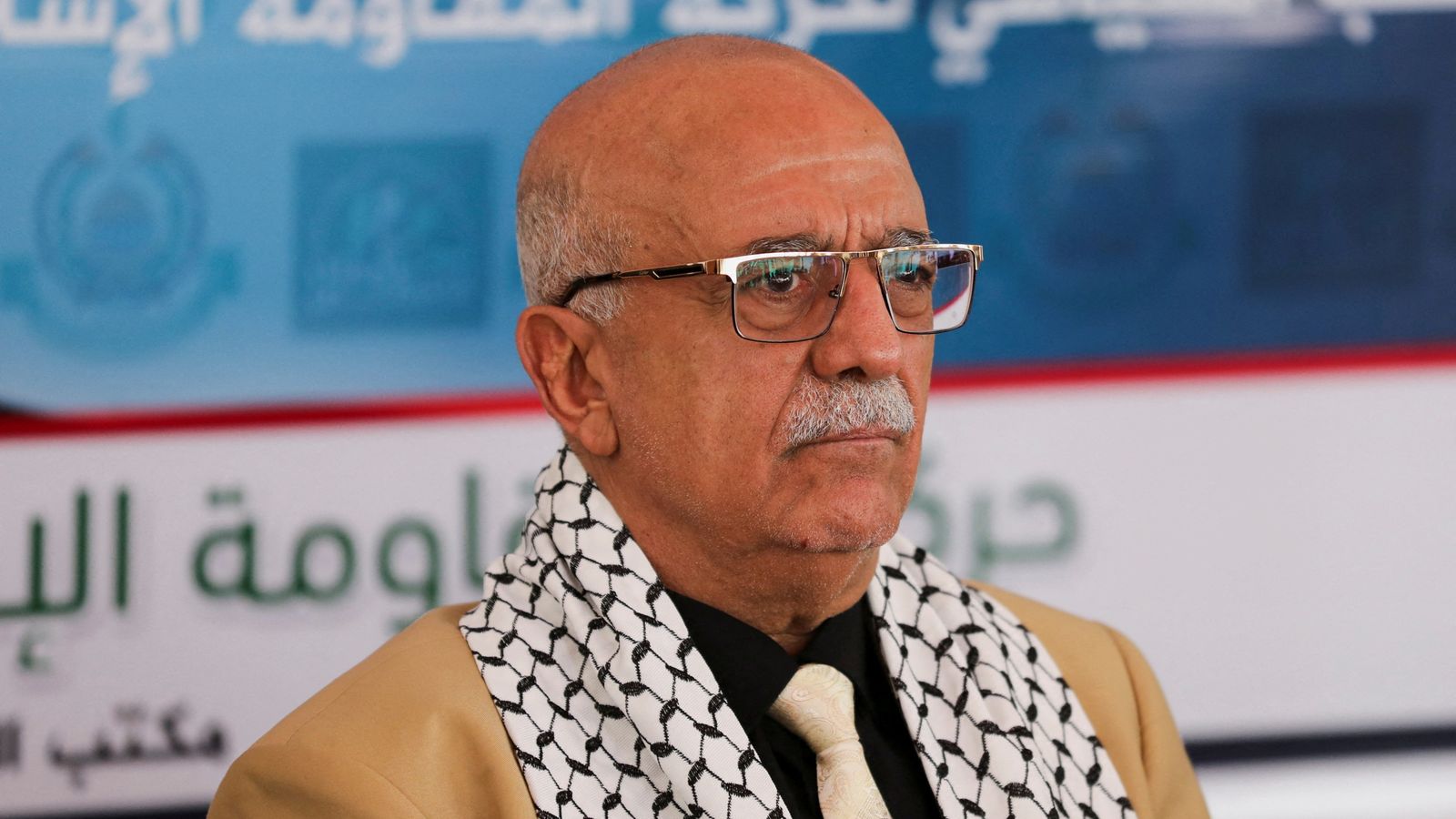An Israeli airstrike reportedly killed the prime minister of the Houthi government, Ahmed al-Rahawi, along with several other ministers in Sanaa, a Houthi official confirmed on Saturday, 30 August.
The strike occurred on Thursday, 28 August, during a government workshop, where key Houthi leaders were gathered.
The Houthis confirmed the death of al-Rahawi in a statement on Saturday, describing the attack as a targeted operation against senior officials.
Mahdi al-Mashat, chairman of the Supreme Political Council of the Houthis, emphasized the group’s resolve to retaliate, stating that they would continue their efforts despite the losses.
Israel’s military has characterized the strike as targeting a “Houthi terrorist regime military target,” in response to ongoing missile attacks launched by the Houthis against Israel and Western vessels in the Red Sea and Gulf of Aden.
These actions have been framed by the Houthis as support for the Palestinian cause amid the ongoing conflict in Gaza.
Israeli Defense Minister Israel Katz confirmed the airstrike, claiming it dealt an “unprecedented knockout blow” to Houthi leadership.
He warned that this operation was part of a broader strategy to eliminate the leaders of Iran’s proxies in the region.
The Houthis have vowed to continue their military operations, stating that the blood of their fallen leaders will serve as motivation for their cause.
Al-Mashat reiterated their commitment, saying, “The blood of the great martyrs will be fuel and a motivator to continue on the same path.”
In light of the recent airstrike, the Houthis indicate readiness to confront what they describe as a “U.S.-backed Zionist enemy.”
The Houthis, or Ansar Allah, are a Yemeni political and armed movement that originated in the 1990s in the northern Saada region, stemming from the Zaidi Shia community. Initially a revivalist religious group, they transformed into an insurgent force, seizing Sanaa in 2014 and forcing the internationally recognized government into exile.
Despite international condemnation, the group has solidified its power in northern Yemen, framing its struggle as a broader resistance against foreign intervention and a support for the Palestinian cause.







Comments (0)